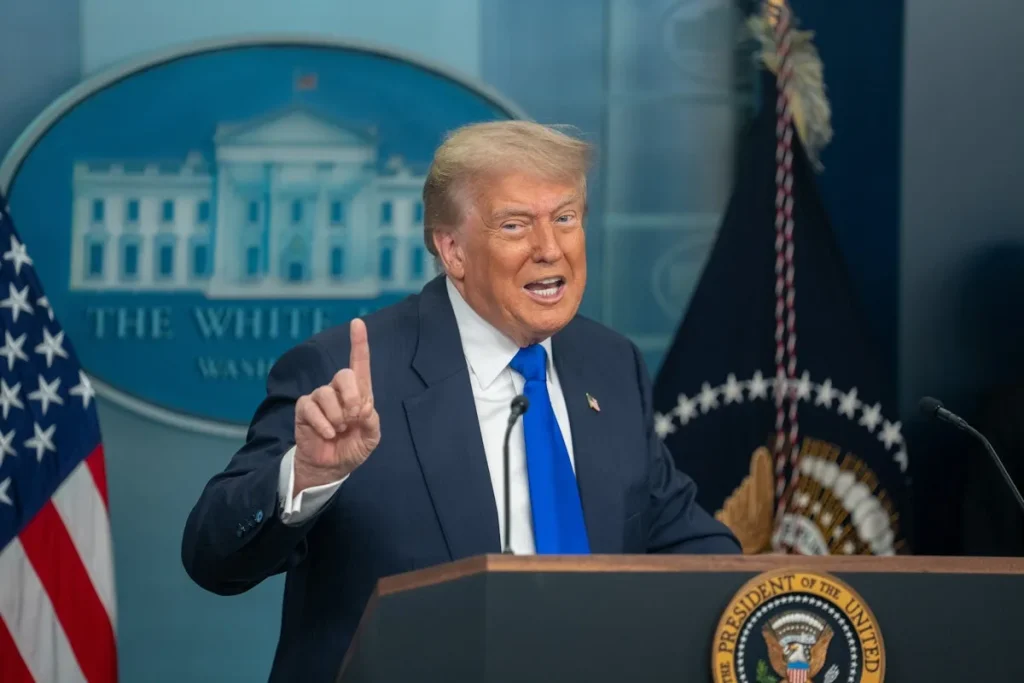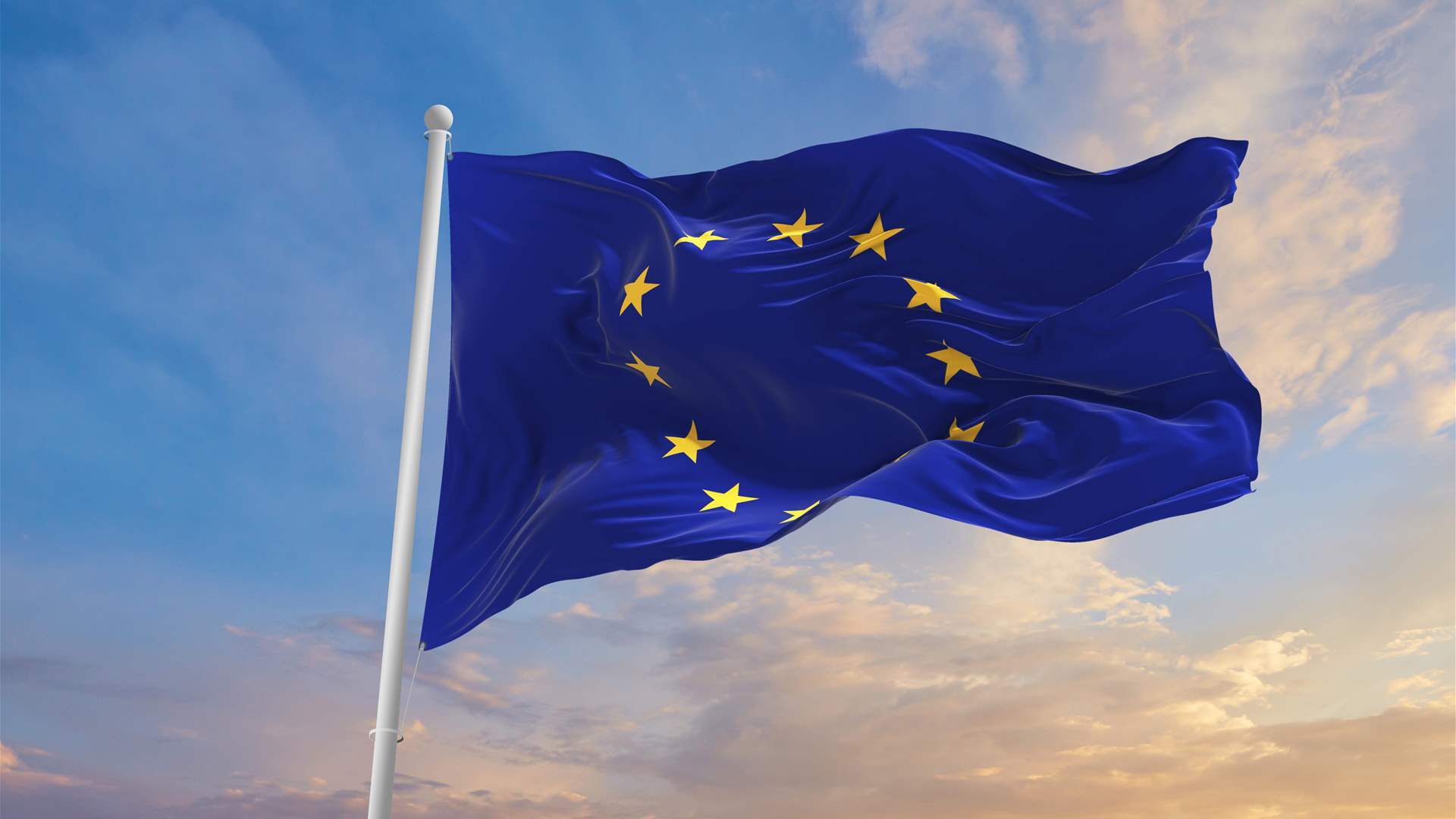The European Union (EU) on Monday intensified preparations for potential retaliatory measures if US President Donald Trump implements his threat of a 30-per-cent tariff hike on the bloc.
Despite this, EU officials emphasised their continued commitment to reaching a trade deal with Washington by the August 1 deadline.
EU Trade Chief Maros Sefcovic announced that Brussels is compiling a list of US goods, valued at 72 billion euros ($84 billion), that could face tariffs if negotiations fail.
“The EU… never walks away without genuine effort,” Sefcovic stated after meeting with EU ministers, underscoring that while they are close to a deal, “it takes two hands to clap.”
He plans to speak with US counterparts to get talks back on track, after Trump’s Saturday announcement of the sweeping tariffs threw ongoing negotiations into disarray.
Ministers Back Deal Efforts, Prepare for “War”
EU ministers collectively supported efforts to salvage the talks, which Brussels believed were on the verge of success last week.
However, they also unanimously agreed to move forward with ready retaliation plans.
“There was a total unified position among the ministers that we should be ready to respond if needed,” said Denmark’s Foreign Minister Lars Lokke Rasmussen, paraphrasing, “If you want peace, you have to prepare for war.”
The EU has been working on this list of potential US imports to target since May. This proposed 72-billion-euro package is distinct from a separate 21-billion-euro list already prepared to counter earlier US tariffs on steel and aluminium.

European Commission chief Ursula von der Leyen demonstrated goodwill by delaying the rollout of those earlier measures on Sunday, just a day before they were set to begin.
“No Taboos” Approach Amid Trade Tensions
Sefcovic had warned before the ministerial meeting that a 30-per-cent US tariff would make trade “almost impossible” between the two economic giants.
EU nations, despite varying trade relationships with the US, are striving for a united front. France’s Trade Minister Laurent Saint-Martin advocated for retaliation plans to be drawn up with “no taboos,” asserting that the weekend’s setback necessitates a strategic re-evaluation.
Since returning to the office in January, Trump has implemented a series of unpredictable tariffs, causing market instability and sparking fears of a global economic downturn.
His administration is under pressure to secure trade deals after promising numerous agreements, though only two pacts (with Britain and Vietnam) have been unveiled, alongside a temporary de-escalation with China.
While the EU’s initial US tariff level was set to rise from 10 per cent last Wednesday, Trump pushed back this deadline to August 1, presenting a significantly steeper 30 per cent levy compared to the 20 per cent initially unveiled in April.
Ireland’s Minister Thomas Byrne, whose country’s pharmaceutical industry is on the front lines of this trade dispute alongside Germany, urged Europe to “work our hardest” for a deal by August 1 to ensure certainty, protect investments, and safeguard jobs.


 Trending
Trending 